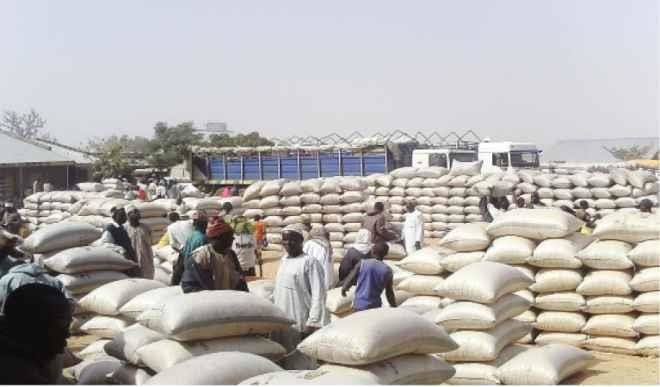I have always been an advocate of the idea that our economists and policymakers must see things as they truly are, not merely as they ought to be. Nigeria’s economy is predominantly informal and agrarian, which is why textbook economic laws and theories often fail or struggle to produce the expected results in our context. Policies that work seamlessly in structured economies may not necessarily be effective in Nigeria without proper adaptation to local realities.
For example, during a glaring food crisis, Nigeria resorted to importing foodstuffs from abroad while our farmers were actively cultivating their crops. By the time the imported food arrived, our farmers had completed their harvest. As a result, food prices plummeted, leaving local farmers unable to sell their produce at profitable rates. These farmers, who had already invested heavily in production, were forced to sell at a loss. In the long run, once the imported food is depleted, many of these farmers—having suffered financial setbacks—will lack the capital to reinvest in the next planting season. This, in turn, will trigger yet another food crisis, creating a vicious cycle of dependency and economic instability.
To break this cycle, our policies must be both systematic and systemic, addressing the root causes of our agricultural and economic challenges rather than merely applying short-term fixes. A well-structured approach should prioritize the protection and empowerment of local farmers while ensuring food security for the nation. This begins with strategic interventions such as providing timely subsidies, offering low-interest loans, and ensuring farmers have access to modern farming techniques and improved seedlings. Additionally, investing in storage and distribution infrastructure is crucial. Too often, post-harvest losses due to inadequate storage facilities and poor transportation networks prevent farmers from maximizing their yields, leading to food shortages despite abundant production.
Furthermore, policies must balance food imports with domestic production rather than undermining local efforts. Government interventions should be designed to support local agricultural productivity, ensuring that imported goods complement rather than replace homegrown produce. A well-regulated import policy that considers market conditions and harvest cycles will prevent situations where foreign food floods the market at the wrong time, pushing local farmers into financial distress.
Beyond this, we need to foster a business-friendly agricultural environment by encouraging private-sector investment, developing agro-processing industries, and facilitating direct market access for farmers. When farmers are assured of profitability, they will be more willing to reinvest in their farms, increasing production and reducing our reliance on external food supplies.
Ultimately, for Nigeria to achieve long-term agricultural sustainability, we must rethink our agro-economic policies with a focus on strengthening local production, enhancing value chains, and creating an environment where agriculture is both profitable and resilient. Only through such a holistic and forward-thinking approach can we break the cycle of food crises and build a truly self-sufficient economy.
Zayyad I. Muhammad writes from Abuja, zaymohd@yahoo.com, 08036070980


